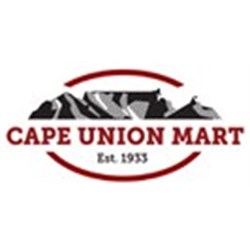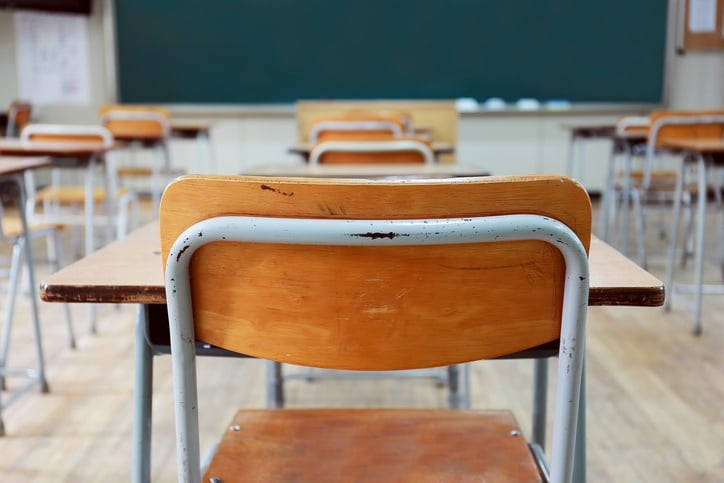PRETORIA, Thursday 31 October 2019 – The owner of a Durban-based metal recycling company pleaded guilty last week to several charges relating to the exportation of mixed copper and brass scrap.
Angelo Solimene, owner of Group Wreck, pleaded guilty on four counts relating to Section 54(1)(a) of the International Trade Administration Act, 71 of 2002, and Section 84 of the Customs and Excise Act 91 of 1964.
He was sentenced to a fine of R500 000, half of which was suspended for five years on condition the accused does not export any goods without the relevant permits. He has also paid R600 000 in order to obtain release of his goods from Customs. The current goods are, however, not allowed to be exported.
This follows an inspection by Customs in July this year of two containers, belonging to Group Wreck, which were being exported from the Durban harbour. The contents of the containers were declared as unrefined copper. However, upon inspection, they were found to contain mixed copper and brass scrap. The case was referred to the International Trade Administration Commission of SA (ITAC).
Since February 2012, the Minister of Economic Development prescribed that copper scrap shall not be exported from the Republic of South Africa without a permit, and ITAC has not issued any permits since 2017.
Earlier this year, SARS and the Department of Trade and Industry established an Inter-Agency working group to address illicit trade activities within the Clothing, Textile and Footwear Industry, the scrap metal Industry and the gold metal Industry. The working group was formed to ensure that key Government departments work collectively to address the smuggling, under-valuation and fraud perpetrated across these specific industries.
In light of these engagements and collaboration, various joint operational interventions are currently taking place targeting these industries. As a result, the detection of mis-declaration and under-declaration of weights has been identified in the scrap metal industry.
In August this year, two directors of the Port Elizabeth-based company, Beacon Valley (Pty) Ltd, also pleaded guilty to 36 charges relating to the export of scrap metal. They declared the contents of 36 containers at Coega port as “sheet piling” and not as “scrap metal” and failed to follow the correct export regulations.
The accused also paid a fine of R500 000, half of which was suspended for five years on condition the accused do not export any goods without the relevant permits. They paid R400 000 to obtain release of their goods, which cannot be exported without obtaining the required permits.
The scrap metal industry is a multi-billion rand industry and contributes an estimated R15 billion annually to South Africa’s gross domestic product. In 2017, a scrap metal company lost a case in the Constitutional Court to challenge the State’s scrap metal export provisions, known as the price preference system, as well as ITAC’s decision to refuse to issue export permits to the company, in accordance with the price preference system. This followed almost four years of litigation over the lawfulness of the price preference system.
In terms of copper scrap, large volumes of copper and copper alloys have been exported from South Africa at high prices due to huge demand from certain countries. This was having a negative effect on the local copper industry and the drive to obtain copper was fuelling the theft of copper cable, causing billions of rands in damages. The mass exportation of scrap copper was also negatively impacting the local industry, which was leading to lower production volumes and unemployment – hence the recent tightening of regulations relating to the export of copper from South Africa.
To access this page in different languages click on the links below:







